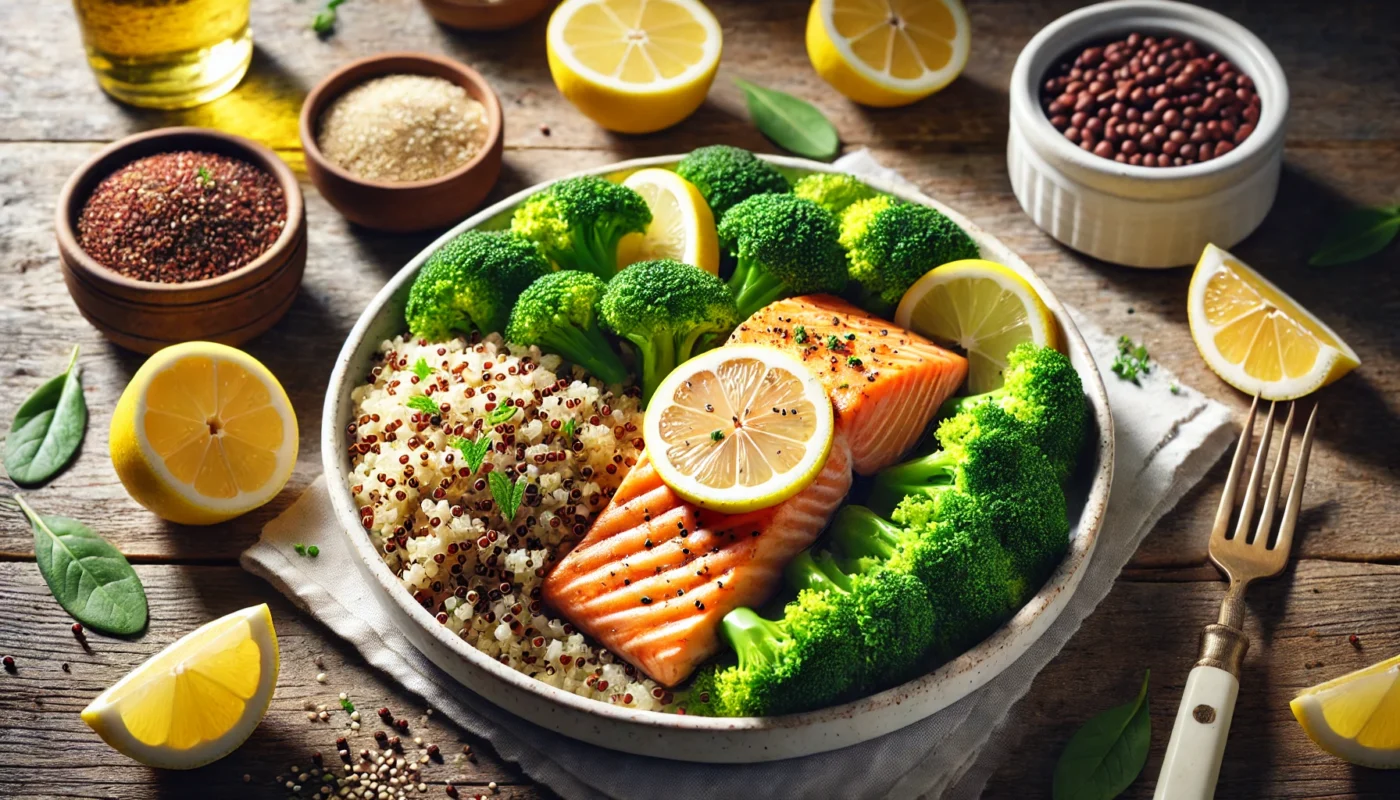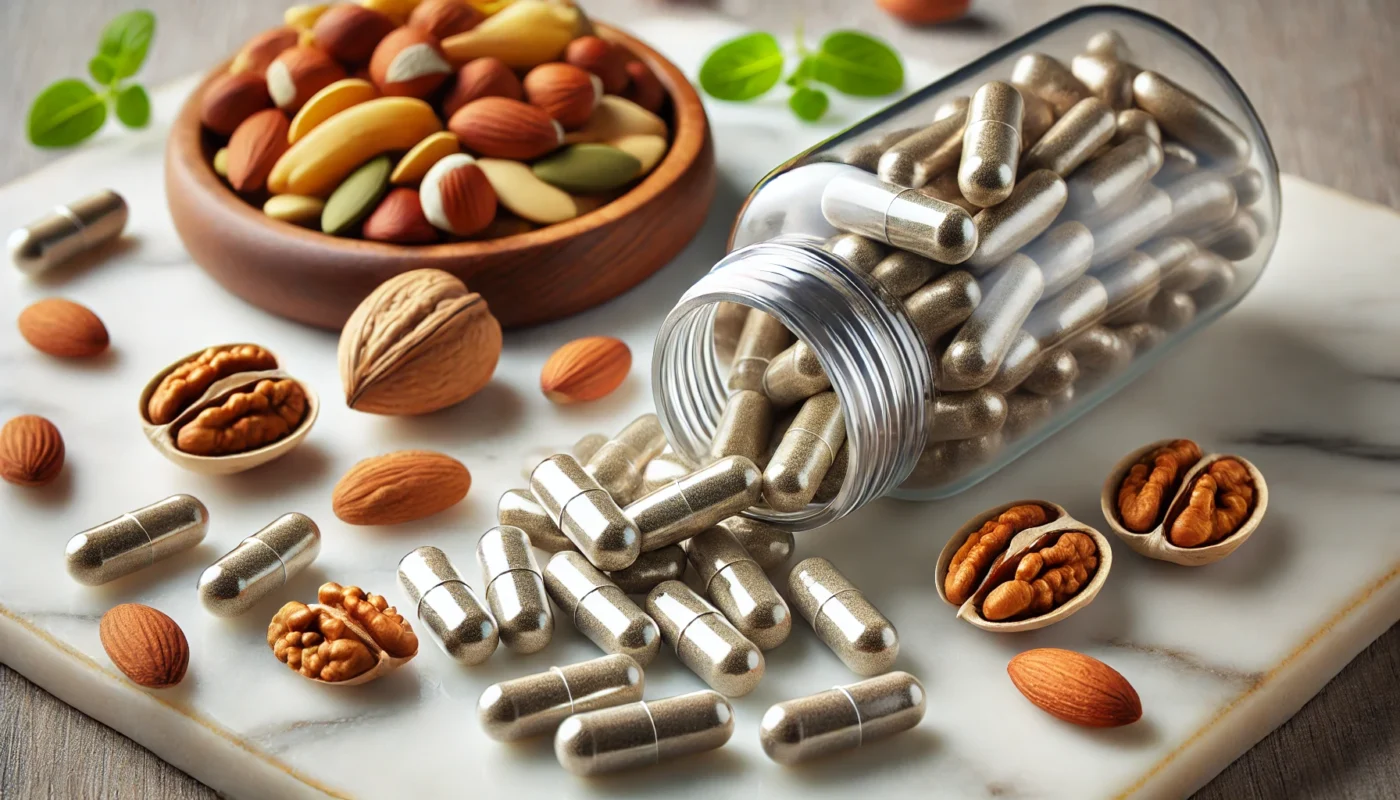In recent years, coconut oil has transcended its traditional culinary uses, emerging as a staple in holistic health practices. With its myriad of benefits, this versatile oil has piqued the interest of researchers and health enthusiasts alike. A significant area of interest is its potential antibacterial properties. But how credible are these claims? Can coconut oil really kill bacteria, and does it possess antibiotic qualities? Let’s delve into the scientific research and practical applications of coconut oil to explore its antibacterial benefits.
Tag Archives: Oxidative Stress
Inflammation is a protective mechanism that helps the body heal from injuries and fight infections. When the body detects a threat, the immune system releases white blood cells to the affected areas, resulting in redness, heat, and swelling. While this response is beneficial in the short term, chronic inflammation can cause lasting damage to healthy tissues and organs. It is linked to a variety of diseases, including arthritis, heart disease, and even cancer.
The immune system is a complex network of cells, tissues, and organs working together to defend the body against harmful invaders. It comprises two primary components: the innate immune system, which acts as the first line of defense, and the adaptive immune system, which targets specific threats with precision.
The innate immune system is the body’s first response to pathogens and is non-specific, meaning it attacks any foreign invader. It includes physical barriers like skin and mucous membranes, as well as immune cells such as phagocytes and natural killer cells. These components work in tandem to detect and destroy invaders before they cause harm.
The innate immune response is rapid, often responding within minutes to hours of an invasion. The cells involved in this system, such as neutrophils and macrophages, are constantly on patrol, identifying and engulfing pathogens. This immediate response is crucial for preventing infections from taking hold.
Chemical signals, such as cytokines, play a significant role in the innate immune system by coordinating the response. These signals can recruit additional immune cells to the site of infection, increasing the body’s ability to eliminate the invader.
Before we explore ways to reduce brain inflammation, it’s crucial to understand what it is and why it occurs. Brain inflammation, also known as neuroinflammation, involves the activation of the brain’s immune cells, known as microglia. These cells usually help protect the brain, but when they’re overactive, they can cause damage to brain cells.
Interleukin 11 (IL-11) is a cytokine, a type of protein that plays a significant role in immune system regulation. Recent studies have uncovered its involvement in various inflammatory and fibrotic conditions, making it a target of interest for those seeking to optimize their health and prevent disease. This article will delve into the benefits of IL-11 inhibitor foods and how incorporating them into your diet can promote better health outcomes.
Recovery after surgery can be a challenging journey, often accompanied by swelling and bruising. These are natural responses to surgical trauma, but they can be uncomfortable and may prolong the healing process. Fortunately, there are vitamins and supplements that can help mitigate these effects. This article delves into the top vitamins for post-surgery swelling relief, offering insights into how they work and how best to incorporate them into your recovery plan.
Swelling, medically termed “edema,” is a common post-surgical phenomenon. It occurs as part of the body’s inflammatory response to trauma and is a result of increased blood flow to the affected area. While essential for healing, excessive swelling can be uncomfortable and may impede recovery. Therefore, managing post-surgery swelling is crucial for a smoother and quicker healing process.
Inflammation is a natural response of our bodies to injury or illness. However, when it becomes chronic, it can lead to serious health issues.
Enter Vitamin C.
This essential nutrient is well-known for its immune-boosting properties. But did you know it also plays a crucial role in managing inflammation?
Scientific research has shown that Vitamin C can reduce biomarkers of inflammation. It also supports the immune system, which is key in controlling inflammation.
But how can you effectively incorporate Vitamin C into your wellness routine? And what forms of this vitamin are most effective in combating inflammation?
This article aims to answer these questions and more. We’ll delve into the science behind Vitamin C’s anti-inflammatory properties, explore dietary sources, and discuss supplementation options.
Whether you’re a fitness enthusiast, a health-conscious individual, or someone managing a medical condition, this comprehensive guide will provide practical, research-backed insights on using Vitamin C to reduce inflammation and improve your overall health.
Inflammation is a natural response of our bodies to injury or illness. However, when it becomes chronic, it can lead to various health issues.
One mineral that has been studied for its potential anti-inflammatory properties is zinc. This essential nutrient plays a crucial role in many biological functions, including our immune response.
But how exactly does zinc interact with inflammation? And can it truly help manage or even prevent chronic inflammatory conditions?
In this article, we delve into the science behind zinc and inflammation. We aim to clarify complex health information and provide practical advice on how zinc can be incorporated into a health and wellness routine.
Whether you’re a fitness enthusiast, a health enthusiast, or a medical patient, this comprehensive guide will help you understand the role of zinc in inflammation and how it can be applied to improve your overall health and wellbeing.
Join us as we explore the fascinating world of zinc and its potential anti-inflammatory effects.
Inflammation is a common concern. It’s a natural response of the body to injury or illness. But when it becomes chronic, it can lead to serious health issues.
Enter antioxidants. These compounds are often touted as a solution to combat inflammation. But do they really work?
This article aims to answer that question. We’ll delve into the science behind antioxidants and inflammation. We’ll explore how these compounds function in the body and their potential benefits.
We’ll also look at dietary sources of antioxidants. Fruits, vegetables, nuts, and seeds are all rich in these compounds. Blueberries, in particular, are often highlighted for their anti-inflammatory properties.
But it’s not just about what you eat. The body also produces its own antioxidants. Understanding the balance between these internal and external sources is key.
We’ll also examine the research. What does the science say about antioxidants and inflammation? Are they really the magic bullet they’re often made out to be?
The role of antioxidants in chronic diseases will also be discussed. Conditions like arthritis, heart disease, and even cancer have been linked to inflammation. Can antioxidants help manage these conditions?
Supplementation is another important topic. While getting antioxidants from food is ideal, some people turn to supplements. But are they as effective?
Finally, we’ll provide practical tips. Whether you’re a fitness enthusiast, a health enthusiast, or a medical patient, you’ll find strategies to incorporate antioxidants into your lifestyle.
This article is your comprehensive guide to understanding antioxidants and inflammation. It’s backed by scientific research and practical advice.
So, do antioxidants really combat inflammation effectively? Let’s find out.
Magnesium plays a critical role in numerous physiological processes, from muscle and nerve function to bone health and energy production. While its individual benefits are well-documented, magnesium’s interaction with antioxidants such as vitamin C and vitamin E offers unique synergistic effects that amplify health outcomes. Magnesium glycinate, a highly bioavailable form of magnesium, is particularly […]










